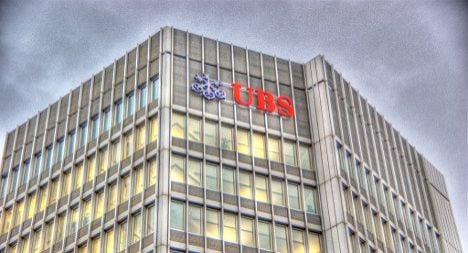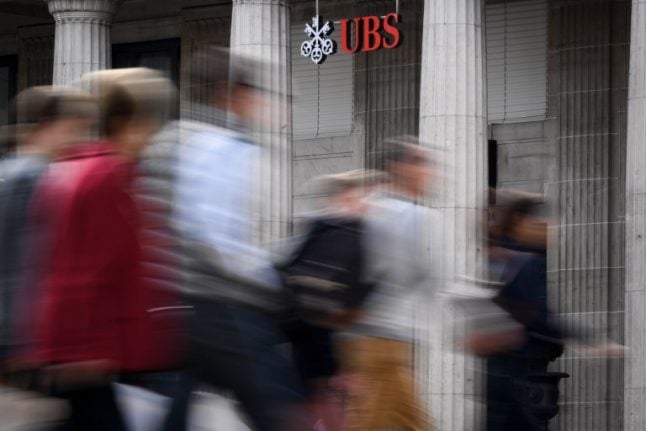From October to December, net profit reached 393 million francs, compared to 1.7 billion francs in the same period in 2010.
This fell short of the expectations of analysts who had predicted a profit closer to 600 million francs, according to the AWP financial news agency.
Almost all the bank’s divisions posted an improvement on the third quarter, with the exception of its investment bank, which took a loss before tax of 256 million francs. A year ago it had posted a profit of 100 million francs.
In its outlook for 2012, UBS, Switzerland’s largest bank, said concerns surrounding eurozone sovereign debt, the European banking system and US federal budget deficit issues would likely have a negative effect on client activity in the first quarter.
“Traditional improvements in first quarter activity levels and trading volumes may fail to materialize fully, which would weigh on overall results for the coming quarter, most notably in the investment bank,” UBS said in a statement.
The bank said it believed its asset-gathering businesses as a whole would continue to attract net new money, however.
“We are confident that the coming quarters will present additional opportunities for us to strengthen our position as one of the best capitalized banks in the world, and we will continue to focus on reducing our Basel III risk-weighted assets and building our capital ratios.
“We continue to have the utmost confidence in our firm’s future.”
In November UBS announced dramatic cuts to its investment bank, reducing its risk-weighted assets by half or 145 billion francs.
The investment arm was hit by colossal losses during the US subprime loan crisis and has struggled to rebuild itself.
That month also saw Sergio Ermotti take over as chief executive from Oswald Grübel in the wake of an investigation into a massive rogue trading scandal.
Former UBS trader Kweku Adoboli, 31, pleaded not guilty in a London court last month to losing $2.25 billion in fraudulent trades. A trial date has been set for September.



 Please whitelist us to continue reading.
Please whitelist us to continue reading.
Member comments